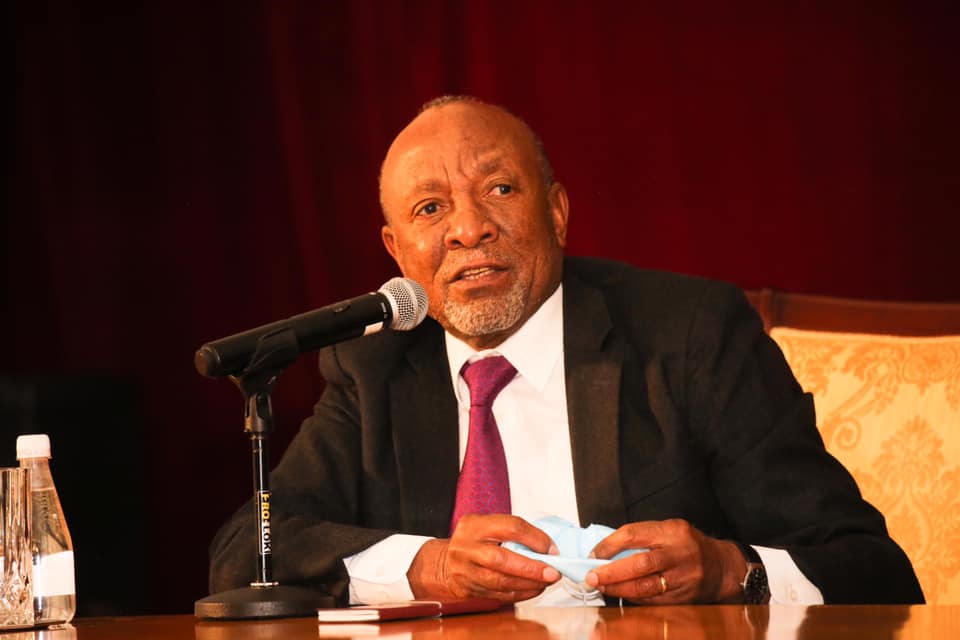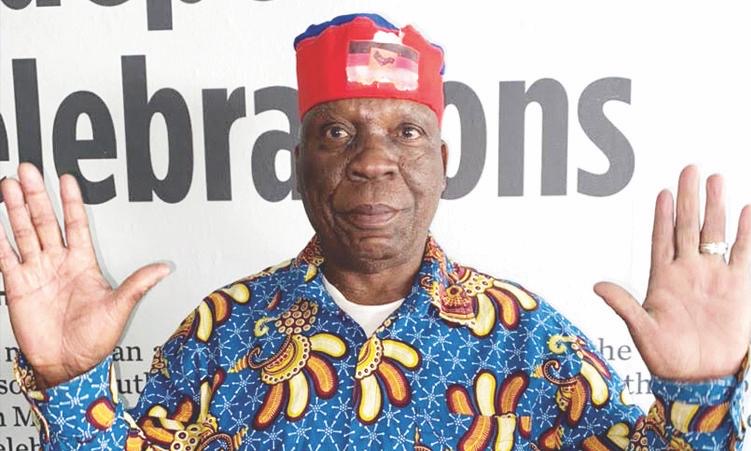The African Peer Review Mechanism (APRM) has found that the Anti-Corruption Commission (ACC) “has a mixed record of performance and appears more capable of dealing with less powerful people”.
The APRM was launched yesterday by president Nangolo Mbumba.
The APRM’s assessment follows meetings with the executive, judiciary and legislature, as well as, civil society and private sector representatives across all 14 regions of Namibia.
“Many Namibians who engaged with the review team considered the procurement system as rigged in favour of the powerful, the educated, well-connected and willing givers, and does not genuinely promote competitiveness, transparency and fairness,” noted the report.
These observations are echoed by local analysts and commentators for a lack of willpower to hold “powerful and influential” members of society to account. “The panel also recommends that decisions on whether or not to prosecute cases of corruption should be made by officials who are protected from undue pressure.”
The APRM noted the public loss of confidence making it difficult for the ACC to perform their duties effectively, weakening efforts to fight corruption and money laundering.
ACC spokesperson Josephine Nghituwamata said the commission would revert with comment, but did not do so at the time of going to print.
ACC director general Paulus Noa recently urged Namibians to fight against corruption, saying it destroys the economy.
“We should all contribute to raising awareness to prevent corruption in Namibia. Corruption destroys the economy. It causes untold damage with long-term effects on the economy and undermines the value of democracy, the rule of law and good governance.
“Often, the majority of citizens suffer the consequences of corruption, while benefiting only a few individuals,” he said.
Noa added that the ACC has increasingly stepped up its investigation efforts to finalise outstanding dockets.

TREATMENT OF THE MARGINALISED
The APRM also condemned the Namibian government for dispossessing marginalised communities of their land which supports their way of living.
It found that Namibia’s indigenous people are still being deprived of their land rights through encroachment by more powerful neighbours and elites.
“It is advisable for the government to urgently address the matter so that indigenous people should feel that they are fully part of the Namibian nation, with the same rights as the rest of the population.”
The APRM further highlighted the struggles of the San community as disadvantaged in the enjoyment of economic, social and cultural rights.
In their submission to a United Nations (UN) office, Amnesty International stated that the San community has historically been dispossessed of their ancestral land which was a source of their livelihood, cultural identity and customary way of life by successive administrations that have run Namibia.“Additionally, crowded housing conditions and inadequate sanitation in which San people live, coupled with limited access to water, further exacerbate community spread.
The denial of their right to an adequate standard of living calls for urgent measures to address historical injustices.”
Former member of parliament Mike Kavekotora yesterday said climate change and a lack of action will exacerbate the challenges of marginalised communities.
“They need food, shelter, health facilities … education for the children. These are the key issues that the government of the day is failing [at],” Kavekora said.
Unam lecture Rui Tyitende argued that the Ovahimba, San and other minority communities will continue to suffer as policy positions and programmes are formulated and implemented without consulting the affected communities. “Most of their problems are man-made as the approach towards addressing various challenges has always been a top-down approach.”
Stay informed with The Namibian – your source for credible journalism. Get in-depth reporting and opinions for
only N$85 a month. Invest in journalism, invest in democracy –
Subscribe Now!







